Let's explore Black History Month
This collection contains curriculum relevant videos, quizzes and games to help Years 1/2 and P2/3 History history students with:
the background to Black History Month
the names and achievements of black people from history
These educational resources are hand-picked from BBC Bitesize and the wider BBC.
Get started
Here you will find videos and activities about Black History Month. Try them out, and then test your knowledge with a short quiz before exploring the rest of the collection.
This is Dr. Martin Luther King.
- Dr. Martin Luther King didn’t believe in using violence to change things. Instead, he gave powerful speeches and led peaceful protests.
- Even so, he was arrested and sent to prison 29 times.
- He never gave up the fight for equal rights, and made a real difference.
Learn more about the life of Dr. Martin Luther King Jr.
In 1963, more than 200,000 people came to Washington, America's capital, to hear one man speak. His name was Dr. Martin Luther King.
And the words he said that day are some of the most famous in history.
He said he had a dream that life for his children could be different from how it had been for him. But what did he mean?
Dr. King lived in a part of America that had racist laws that treated black people unfairly.
Racists believe people with certain skin colours, or who are from a particular race, are better than others so they treat them differently. So black and white people were kept apart, eating in different restaurants, travelling in different parts of buses and it was hard for black people to vote against the people who made these laws.
He had many enemies and was sent to prison.
After his release, he went to Washington.
There, in front of a huge crowd and with many more people tuned to their TV and Radio, he told of his dream that his children would one day live in a nation where they wouldn't be judged by the colour of their skin but by the content of their character.
People everywhere, began to share Dr. King's dream and knew that the racist laws had to change. Not everyone agreed though.
In 1968, Dr. King was shot dead for his beliefs.
But the changes he started continued after he died and so he's remembered. Every year Americans celebrate his life with a public holiday called Martin Luther King Day. Remembering a strong man and brilliant speaker.
This is Rosa Parks
On December 1, 1955, Rosa was in a bus seat for black people, but the white peoples' seats were full. The driver wanted Rosa to give her seat to a white person, but Rosa refused.
She was arrested and taken to jail for a few hours.
Rosa didn't fight alone, though. People organised a bus boycott, which meant they stopped using buses for a year. This meant the bus company lost a lot of money. The boycott was a peaceful stand against racism.
Find out about the life of Rosa Parks.
The best guides and activities from around the BBC. They contain text, videos and challenges to help you understand, practise and test your knowledge.
Dr. Martin Luther King
Find out more about Martin Luther King with Bitesize KS1 - History.
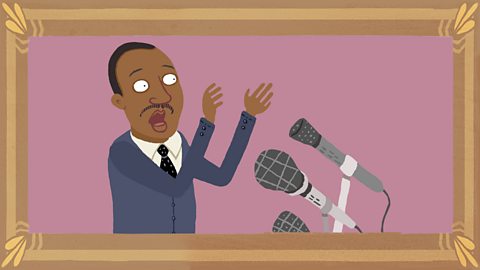
Martin Luther King Jr. - They Were the Heroes Song
Find out more about Martin Luther King by watching this song from Horrible Histories.
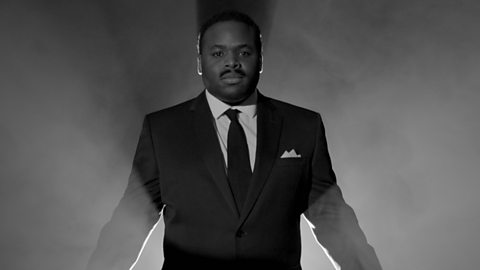
Harriet Tubman
Find out more about the life and work of Harriet Tubman with Bitesize - KS2 History.
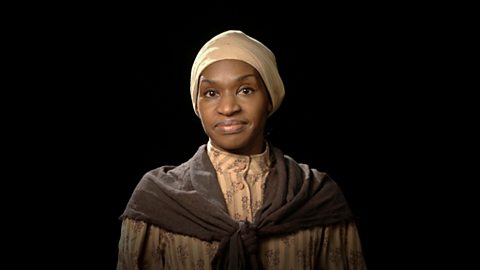
Walter Tull
Who was Walter Tull and what did he do in the war? Find out with Bitesize KS2 - History.
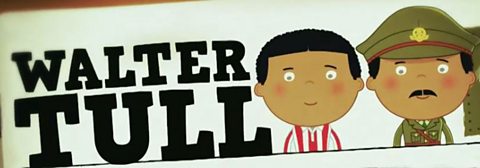
Sarah Parker Remond
Sarah Parker Remond talks about how people looked down on her in America because of the colour of her skin BItesize- KS2 History.
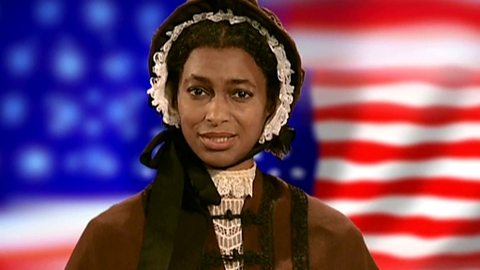
John Archer
Find out about John Archer, the first black mayor in Britain from Bitesize - KS2 History.
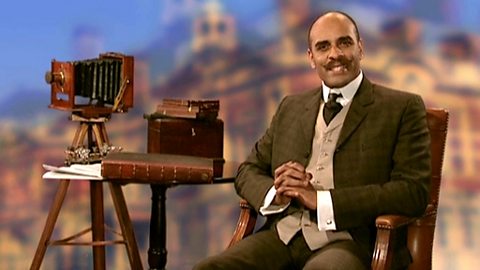
BBC Bitesize newsletter. External Link
Sign up to our BBC Bitesize newsletter to receive monthly news, stories and updates on latest Bitesize content.
